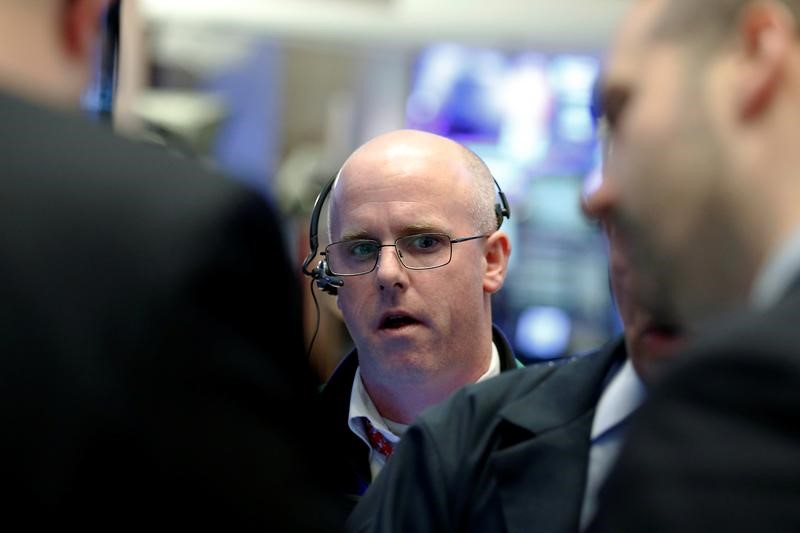Ghana Central Bank holds key rate steady at 27% amid mixed economic signals
The Monetary Policy Committee (MPC) of the Ghana Central Bank has decided to maintain the Monetary Policy Rate (MPR) at 27.0 percent after its recent meeting. This decision comes amidst evaluations of the global economy, domestic economic conditions, and the appropriate monetary policy stance.
Globally, economic growth has been robust, supported by a recovery in real incomes and a disinflation process. Major central banks in advanced economies have initiated a policy easing cycle, which has generally supported growth. Despite a strong services sector, the manufacturing sector has seen weaker growth. Global growth is projected to remain steady at 3.2 percent for both 2024 and 2025. However, there are potential challenges, including the lagged effects of past policy tightening, geopolitical tensions, and trade protectionist policies.
Inflation on a global scale is moderating, driven by lower energy inflation and easing labor cost pressures. The Federal Reserve, the European Central Bank, and the Bank of England have all reduced their key policy rates by 25 basis points in response to declining inflation rates, signaling a continued restrictive stance to ensure the disinflation process is not disrupted.
Domestically, high frequency indicators in Ghana point to continued improvement in economic activity, with the real Composite Index of Economic Activity growing annually by 2.2 percent in September 2024. Confidence surveys conducted in October 2024 reflect sustained recovery in sentiments, with business confidence improving. The Purchasing Managers’ Index (PMI) for October 2024 increased to 50.6, indicating an improvement in business conditions.
However, there has been sluggishness in the pace of disinflation, with headline inflation readings for September and October showing upticks driven by food price increases. Year-on-year, the inflation rate has eased from 35.1 percent in October 2023 to 22.1 percent in October 2024. Core inflation has also eased considerably over the year.
Interest rates have declined at the short end of the market, with Treasury bill rates and the Interbank Weighted Average Rate decreasing. The Ghana Stock Exchange has seen strong performance, with market capitalization increasing significantly to GH¢100.1 billion by the end of October 2024. The banking sector remains sound, well-capitalized, and liquid, with total assets growing by 42.4 percent to GH¢367.2 billion at the end of October 2024.
The external sector position has improved, supported by a higher current account surplus and a reduction in net financial outflows, leading to a strong external reserves build-up. The Ghana cedi has recorded appreciations against major currencies since the end of October, reducing its year-to-date depreciation.
In summary, the MPC notes that domestic macroeconomic conditions remain stable and the IMF-ECF Programme implementation is on track. The cedi's recent appreciation is expected to continue with the dissipation of election-related uncertainties and improved foreign exchange buffers. Commercial banks have accumulated sufficient capital buffers to withstand the effects of external debt restructuring.
Inflation projections show a slightly elevated profile driven by various factors, including food prices and exchange rate pressures. The MPC has decided to maintain the policy rate at 27 percent, with the next meeting scheduled for January 21-24, 2025, concluding on January 27, 2025, with the announcement of the policy decision.
This article was generated with the support of AI and reviewed by an editor. For more information see our T&C.
Source: Investing.com
